No plans for bases in Sweden, Finland: NATO
NATO says it has no plans to deploy troops and infrastructure to Sweden and Finland once the two Nordic countries become a member of the Western military alliance, as the process to ratify Sweden and Finland as the newest members of the 30-member bloc has been formally launched.
NATO Deputy Secretary General Mircea Geoana made the remark on Tuesday, saying the US-led military alliance would lean on the "formidable national forces" of the two countries in the face of a potential Russian attack.
"We don't plan to have an additional presence in either country, they have formidable national forces. They're capable of defending themselves," Geoana said.
"We don't plan to have NATO bases in these two countries, because they have a very high level of military and strategic maturity," he added.
The remarks came after NATO's 30 allies signed an accession protocol for Finland and Sweden, allowing them to join the nuclear-armed alliance once the parliaments of individual members ratify the decision.
Geoana further expressed hope that "the process will be completed quickly," saying "many countries have already launched" steps toward ratification, although he declined to lay out a precise timetable.
NATO Secretary General Jens Stoltenberg also said, "I count on allies to deliver a quick and swift and smooth ratification process."
The signing is the most significant expansion of the alliance since the 1990s and it follows a deal with Turkey at last week's NATO summit in Madrid, where Ankara lifted its veto on the Nordic membership bids.
Russian President Vladimir Putin has warned that his country would respond in kind if NATO deployed military contingents and infrastructure in Finland and Sweden. Moscow has repeatedly warned against the alliance's further expansion toward its borders.
Elsewhere in his remarks, Geoana hailed NATO's support for Ukraine as the former Soviet state defends itself against a Russian offensive launched in late February, but acknowledged "active concerns" about how long the flow of arms and ammunition can be kept up.
Although information exchange about Ukraine's needs "is working very well... there is of course the problem of reserves in allied countries," Geoana said.
But "there is an effort to boost capacity and creativity from the manufacturers, it's been working very well so far," he added, recalling that Western leaders had repeatedly stated a determination to support Ukraine for the duration of the war.
Citing security concerns, Finland and Sweden applied to join NATO after Russia invaded Ukraine on February 24. At the time, Putin said one of the goals of what he called a "special military operation" was to "de-Nazify" Ukraine.
Since the start of Russia's offensive, the US and its allies have imposed unprecedented sanctions on Moscow and have flooded Ukraine with advanced weapons. Russia has said the Western flood of weapons into Ukraine and the sanctions would prolong the ongoing war.
US imposes ‘terrorist-grade sanctions’ on UN expert, ICC judges amid Gaza accountability drive
VIDEO | Press TV's news headlines
Senior Russian general shot and wounded in Moscow: Officials
UK ordered in 'milestone' court ruling to pay $570 million for colonial-era massacre
VIDEO | Defying the rubble, Gaza opens its first face-to-face school since start of war
‘Ready for next round’: Million-man rally in Yemen backs Gaza, resistance
FM Araghchi departs Muscat for Doha following nuclear talks with US
Israeli keeps killing more Palestinian civilians in Gaza amid relentless ceasefire violations


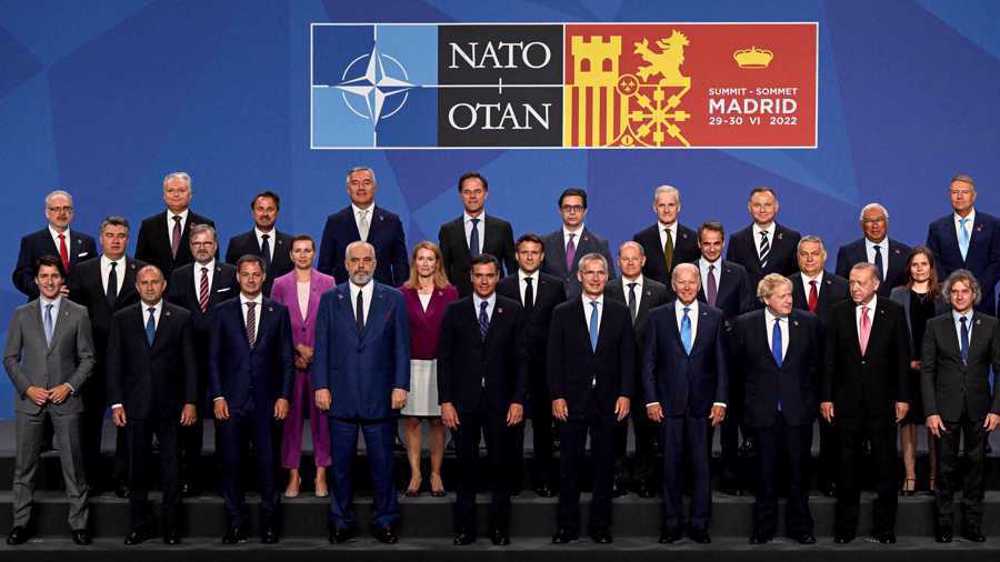
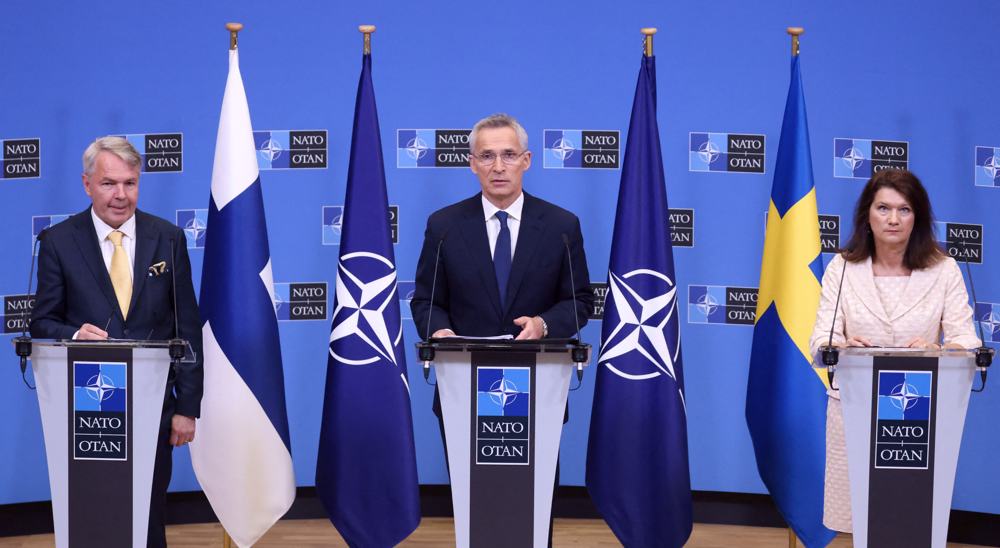
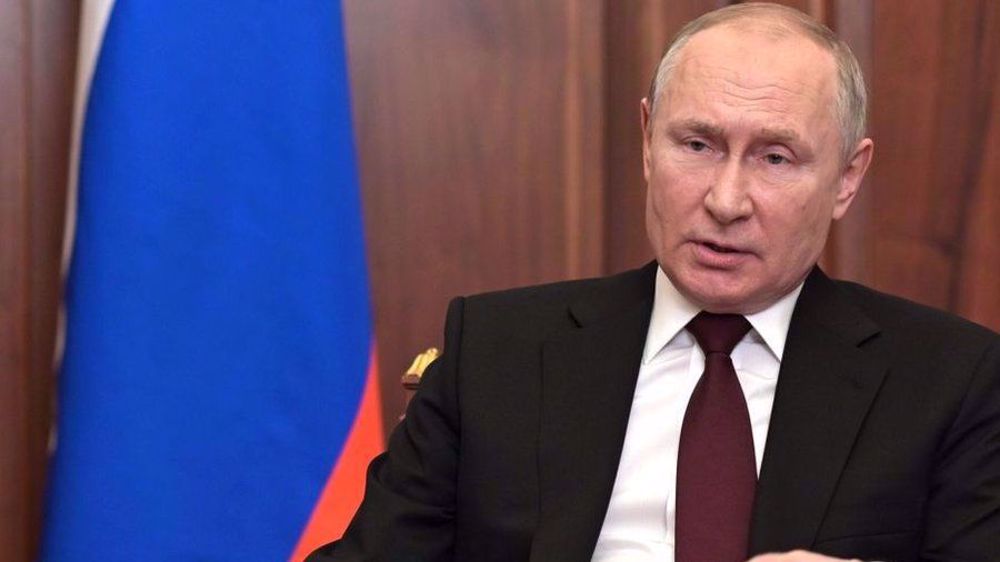
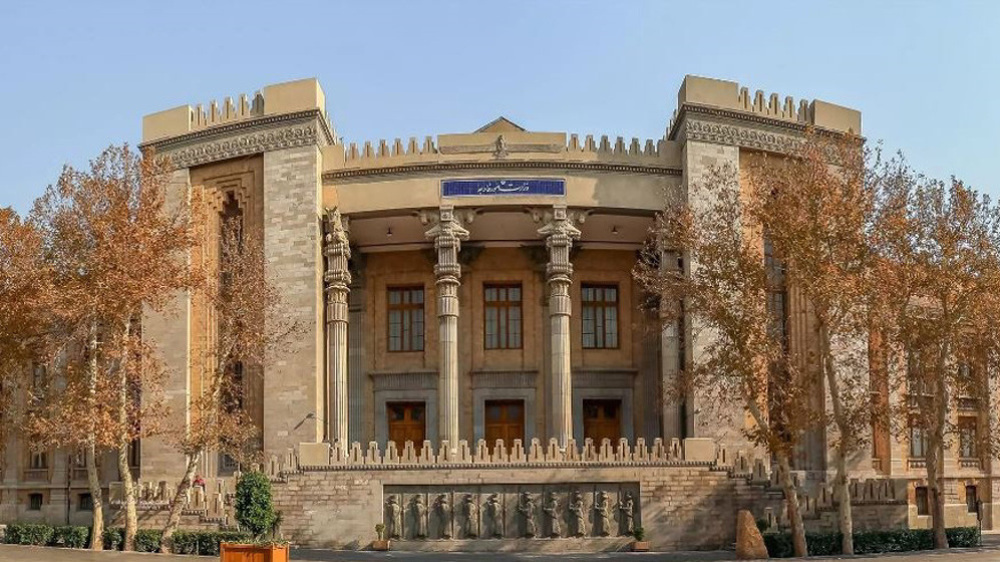





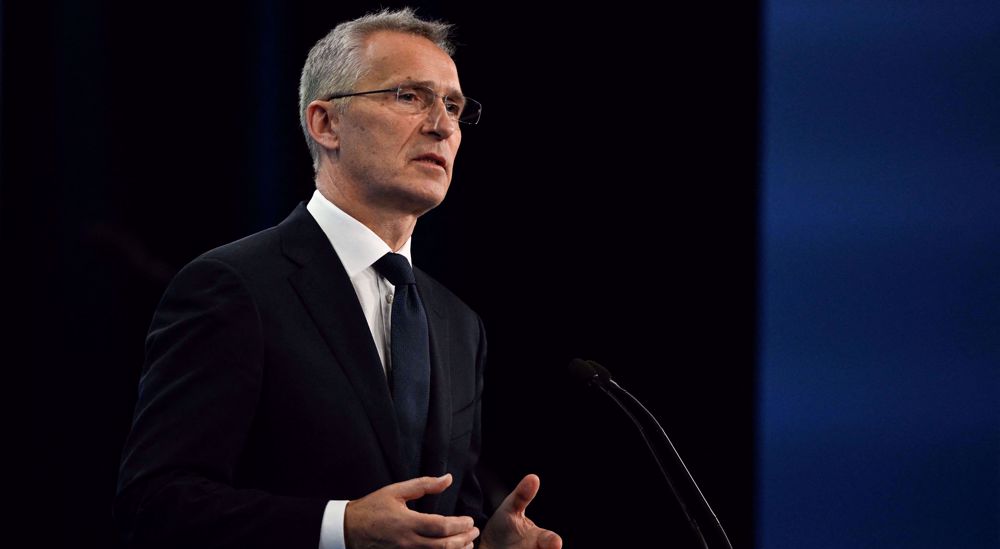
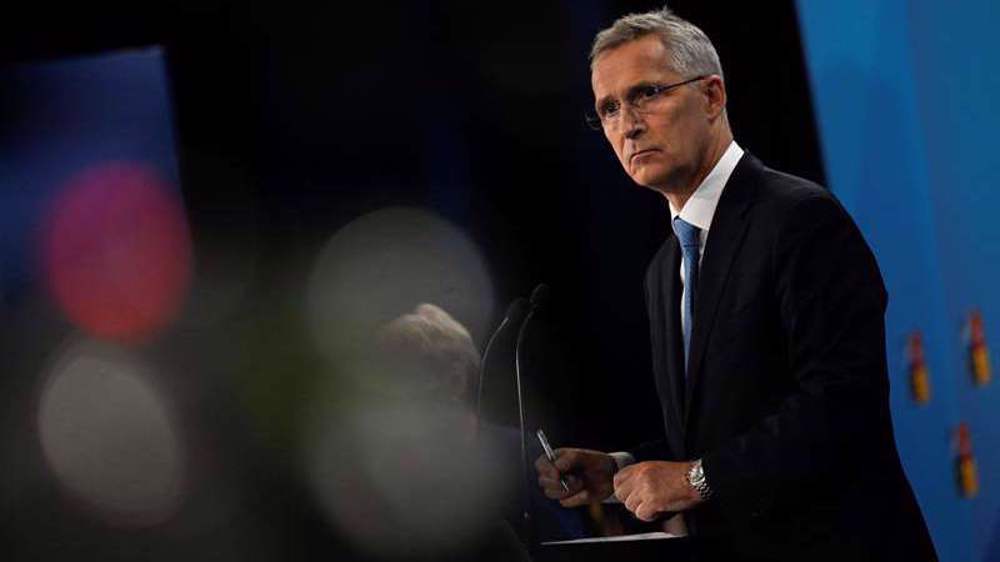

 This makes it easy to access the Press TV website
This makes it easy to access the Press TV website